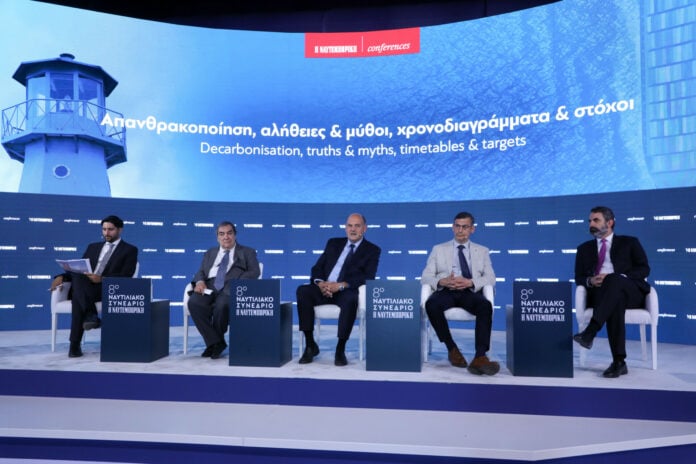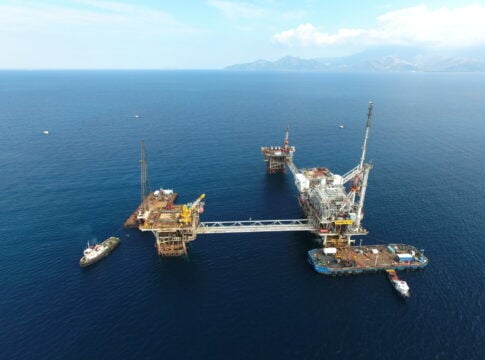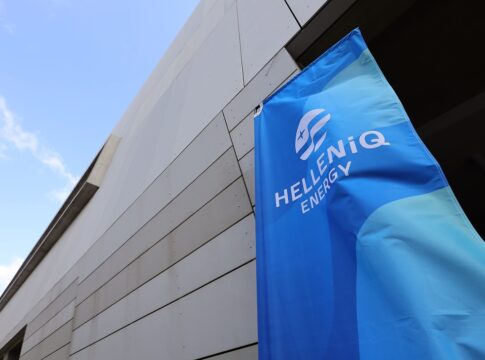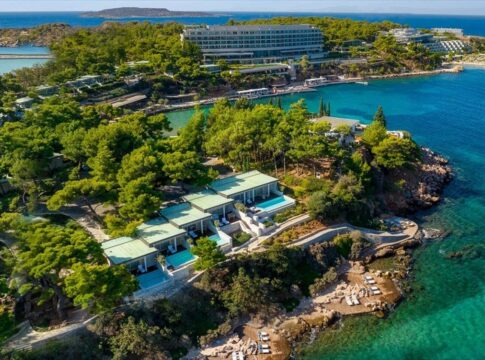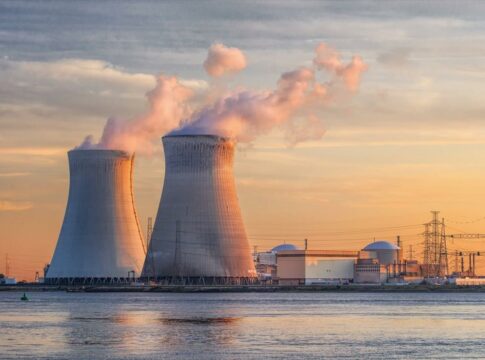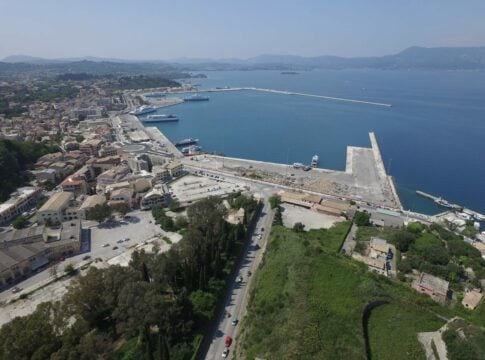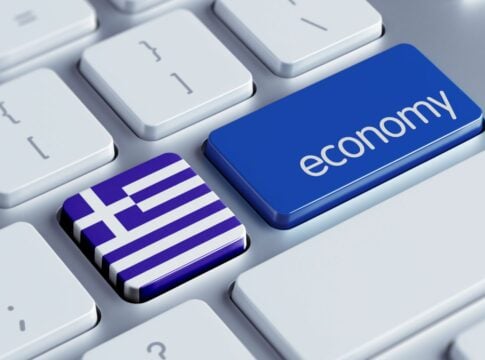How close or far are we to weaning off fossil fuels? What are the available technologies? What is considered practical and viable? What is likely and what is unlikely to happen in the coming years? These were some of the questions answered by representatives of the shipping sector during the 8th Naftemporiki Conference.
Yannis Kokkarakis: Green fuels are not necessarily the solution for decarbonization
Addressing the 8th Naftemporiki Conference, Yannis Kokkarakis, Technical Director of SEEBA ZONE Bureau Veritas, cited some of the prevailing myths, such as: “The decarbonization of shipping is unattainable, green fuels are economically acceptable, shipping is ready for the transition to green fuels, carbon tax will automatically lead to decarbonization, carbon tax is the only solution to decarbonization, fossil fuels will disappear in 2050, green fuels are ready for widespread adoption, methanol is a better fuel than ammonia, there is no solution for nuclear waste, nuclear power is not safe.”
He also spoke about the upcoming measures and the “tsunami of regulations that is coming.” “On the one hand, the EU and on the other hand, the IMO, which will implement the measures from 2027 onwards.”
“The problem is that we have targets in 2030, 2040 and obviously 2050. Is three years enough to meet our targets? I think not, but in 2040 there is a good chance that we will achieve something. But I will agree with something that was discussed in a previous panel: that green fuels are not necessarily the solution to decarbonization,” he stressed.
Michalis Pantazopoulos: Decarbonization, as discussed, is a huge myth
On his part, Michalis Pantazopoulos, Senior Vice-President LISCR (Hellas) S.A., expressed the opinion that “decarbonization in the way it is discussed and presented is a huge myth.”
“In my opinion, the reality in all this business is money and taxes and how I am going to make more money out of the sector called shipping and para-shipping. Believing that shipping with 3% of emissions can solve the problem of the climate crisis, one should either be very happy or very innocent,” he said. However, as he observed, “because we operate in shipping and because as a flag we see many things we are forced to participate.”
Pantazopoulos also stressed the importance of the cooperation of all the agencies involved.
George Teriakidis: We need to try different fuels and find out what works and what doesn’t
In his intervention, Giorgos Teriakidis, Area Manager East Mediterranean and Black Sea DNV, underlined that the solutions currently on the table are not the same for all ships. “Certainly we have to distinguish what applies to long distance shipping and what applies to short distance shipping. You have to make some decisions and move forward. Due to the uncertainty, we cannot do anything else today. At the moment we have to test different fuels, on specific ships for specific routes and to conduct tests that will also have a financial benefit in the long run,” he said.
Antonis Trakakis: Discussions over zero-carbon fuels are premature or even absurd
“Any discussions around zero-carbon fuels are at least premature and even absurd and motivated by financial interests,” Antonis Trakakis, Technical Director of Marine-RINA, emphasized. “What shipping is being asked to do today is to reach net zero in 2050, which means that zero carbon technology is not something that concerns us because we need it today. I think any option to talk about zero-carbon green fuels is the least risky,” he said.
As he said, “what matters to us is that we have to manage a transition. Shipping is entering a transition period with a status corresponding to today’s emissions and a final goal of net zero in 2050.”



